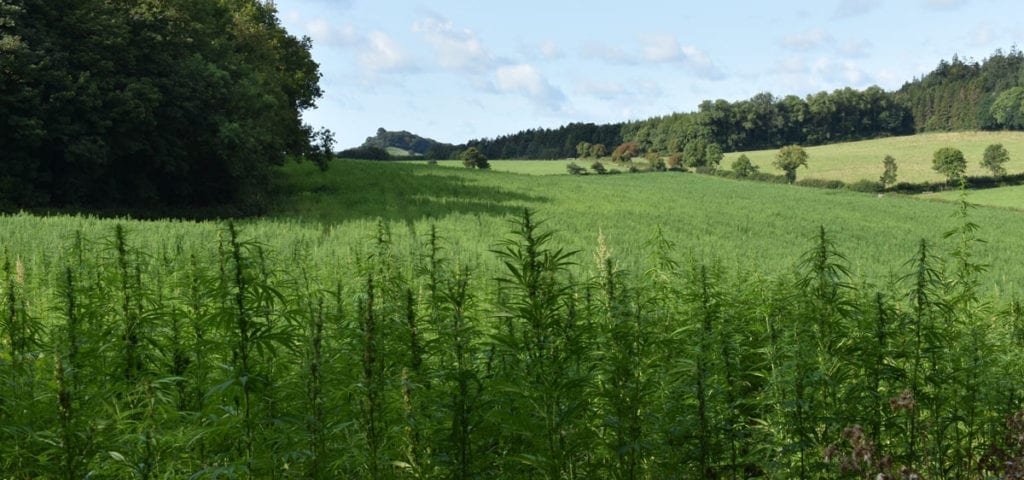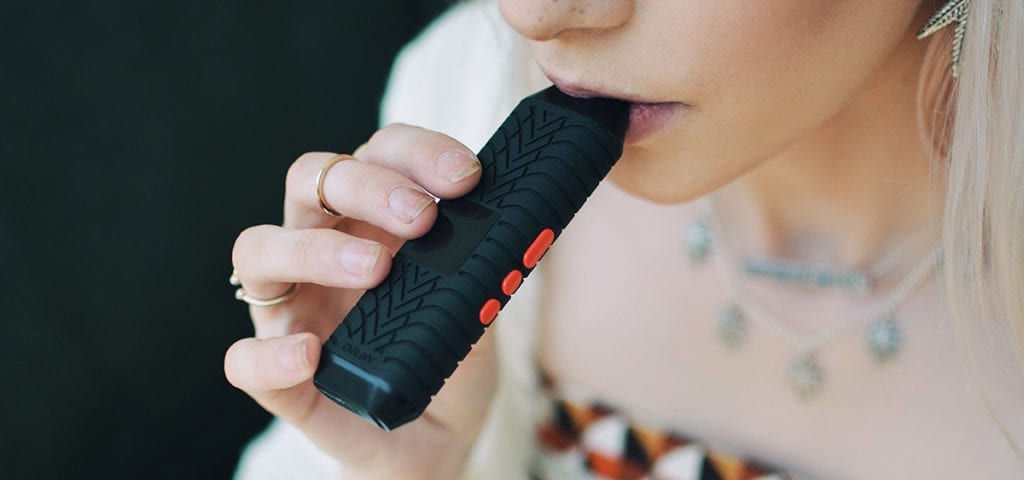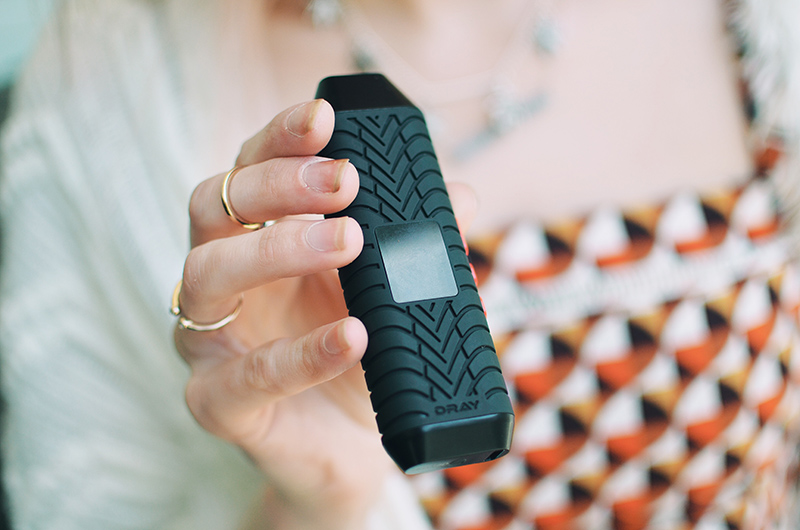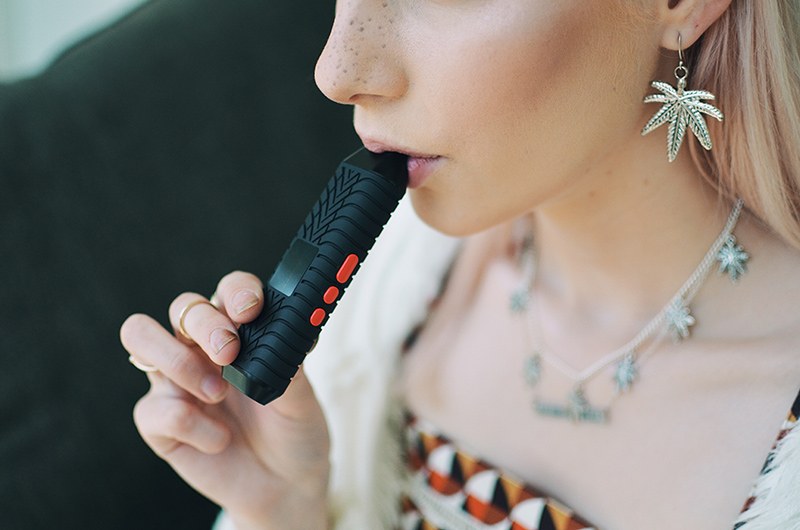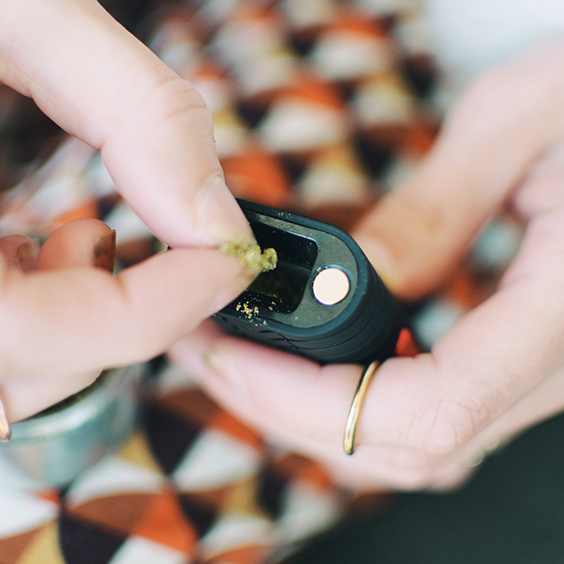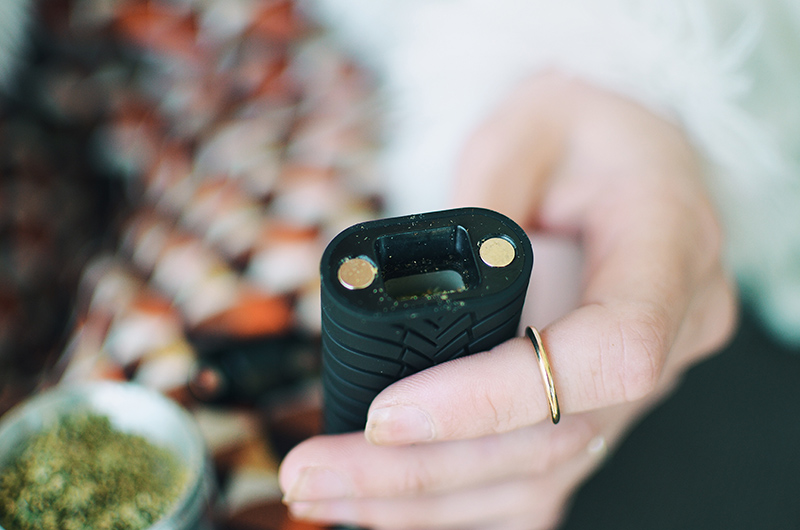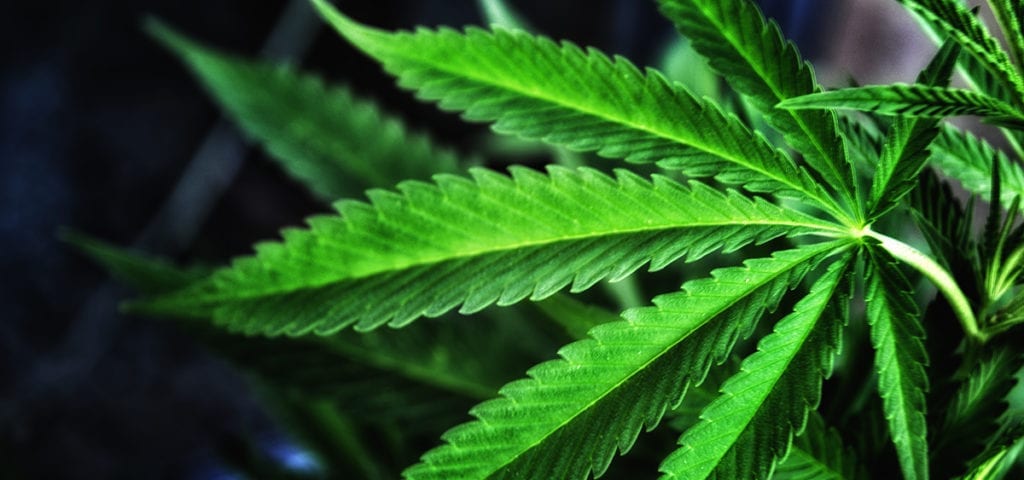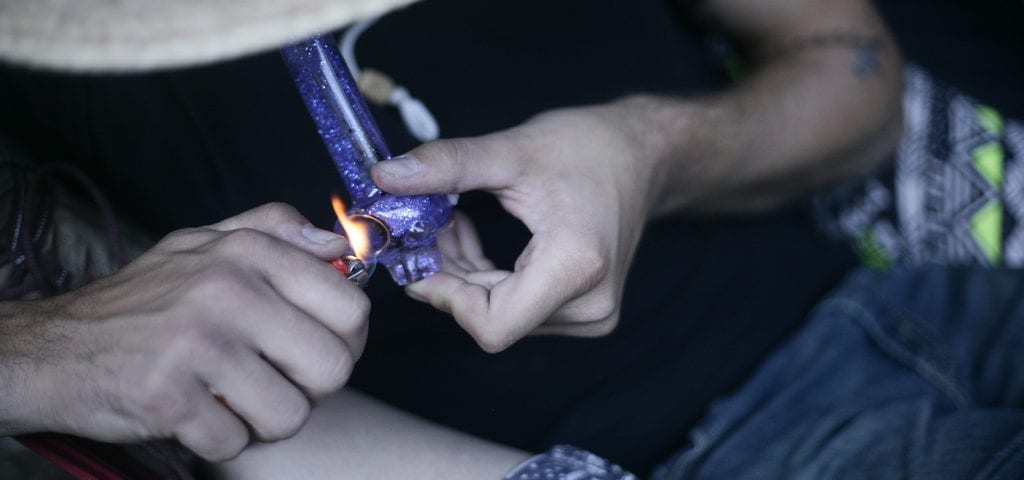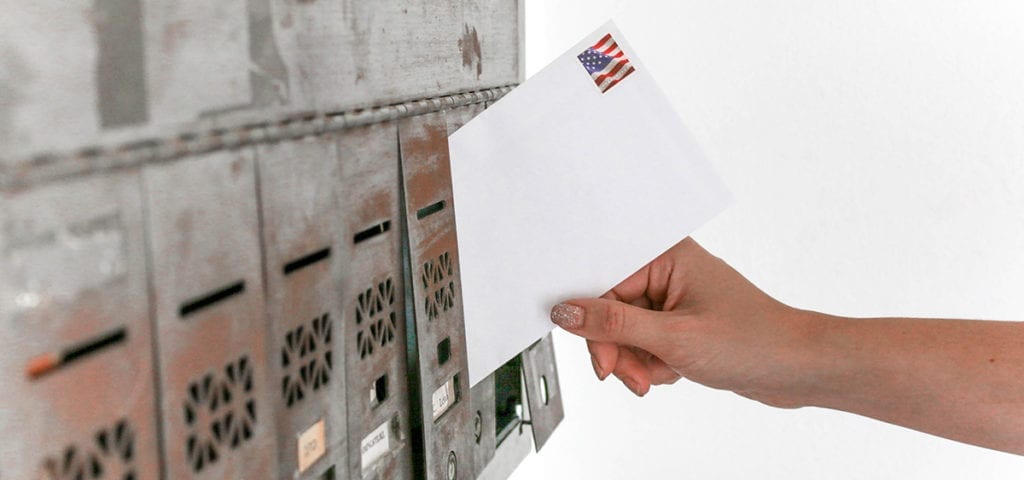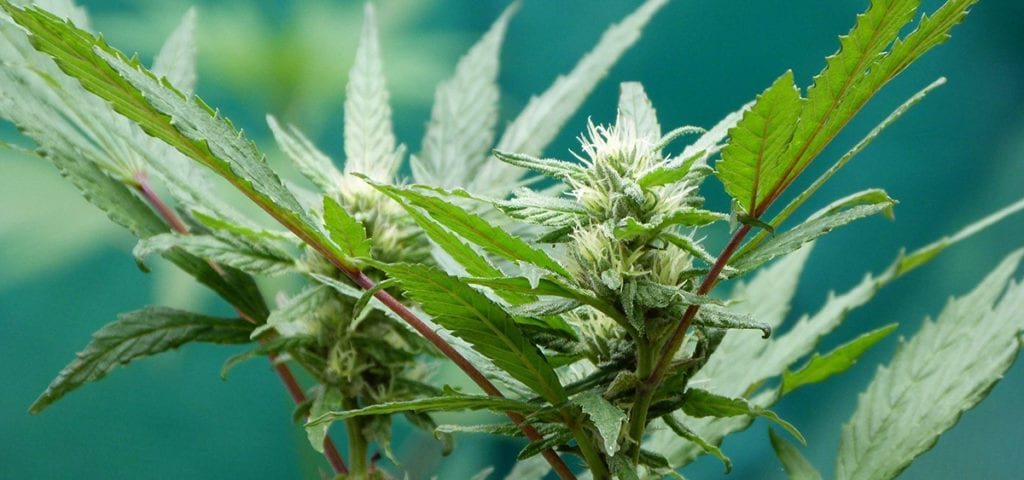What do Valentine’s Day, Christmas, and birthdays all have in common? They are all gift giving occasions. Unfortunately, picking the right gift is not always easy. In many cases, gift giving can be a tedious and stress-inducing task. Sure, you can go with safe options like socks and chocolates, but if you ever want to be invited anywhere again, you might want to consider something more personal and original.
Lucky for you, we got you covered for the next time you need a unique gift for someone in your life. Here are five cannabis-inspired gifts for everyone from your significant other to your co-workers:
For Your Partner: Heart Shaped Bong

Surprisingly, bongs can give you the opportunity to be creative and romantic in a very unique way. Can’t find a heart-shaped bong? Look for other shapes that might hold a special meaning for your partner and you. Was your first date a visit to the zoo? Maybe an elephant-shaped bong will do. Does your partner love Harry Potter? Look for a lightning bolt shaped bong! When it comes bongs, combinations of shapes and colors are almost infinite.
For Your Parents: CBD Oil
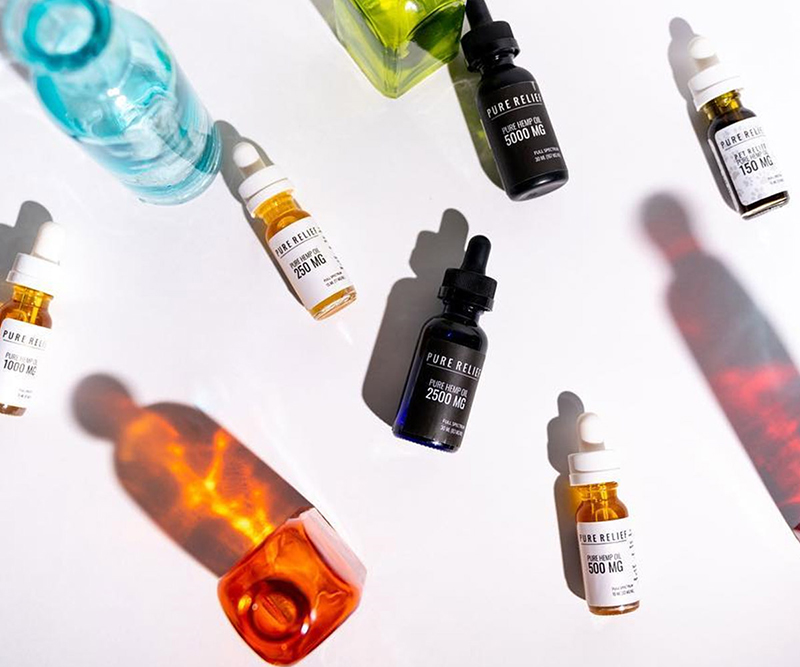
Oils and tinctures made with CBD are quickly becoming the most popular cannabis-based product in the market today. Thanks to its proven anti-inflammatory properties, a daily dose of CBD can help with symptoms related to chronic pain, insomnia, and anxiety. The best part is that Hemp Oil can be mixed into foods and beverages like coffee making them the perfect gift for mom or dad. Just make sure to buy hemp-derived CBD products free of THC, so your parents only feel the medicinal effects of cannabis.
For Your Friends: Hemp Edibles

Edibles like gummy bears and candy are the most delicious and fun way to benefit from all that CBD has to offer. Your friends are guaranteed to enjoy the delicious assortment of flavors which make these CBD snacks perfect for both new and experienced users. Hemp Gummies are also available in night-time versions in case you know of any insomniacs in your social circle. These relaxing CBD gummy bears are infused with melatonin which is the natural compounds responsible for regulating sleep cycles in humans.
For Your Grandparents: CBD Cream

Used by athletes, fitness experts, and yogis, CBD pain relief rub is widely used by many to alleviate muscle and joint pain. CBD creams can be particularly effective for localized pain associated with conditions like arthritis and fibromyalgia which is why it has become a must-have item for thousands of older adults. If you want to go the extra mile for your grandparents, get them a CBD cream bundle which comes with a bottle of CBD oil. Incorporating oil and cream into one’s daily routine can maximize the effects of CBD, providing faster and stronger relief.
End


